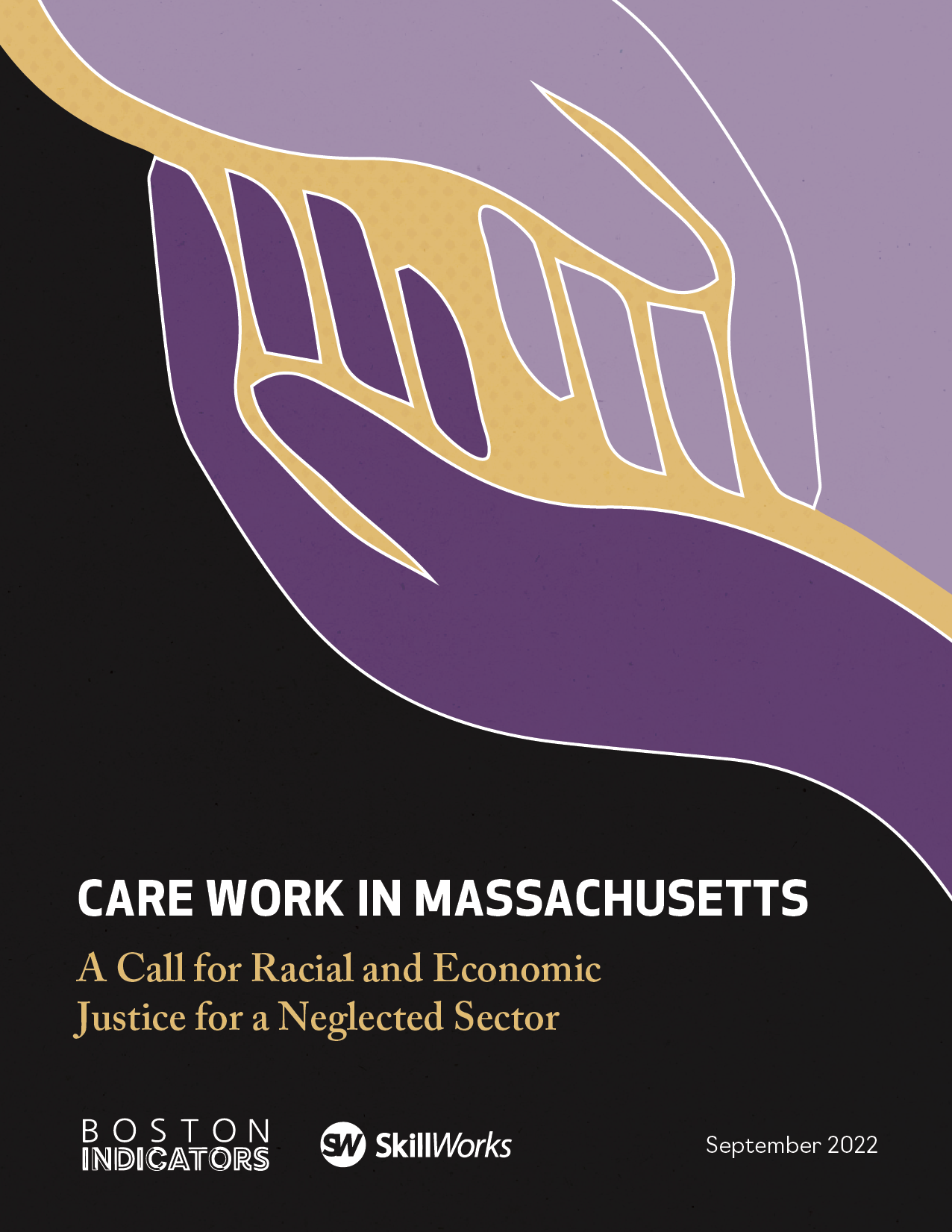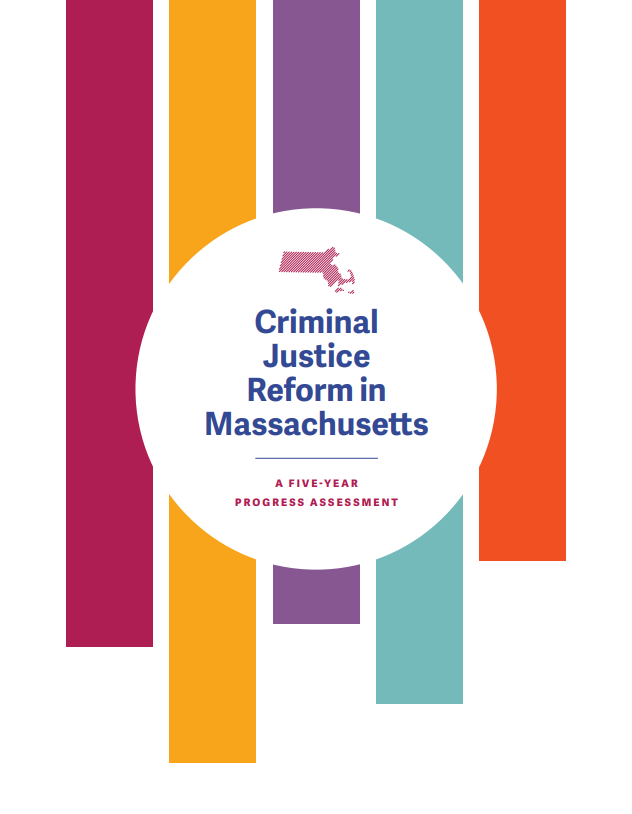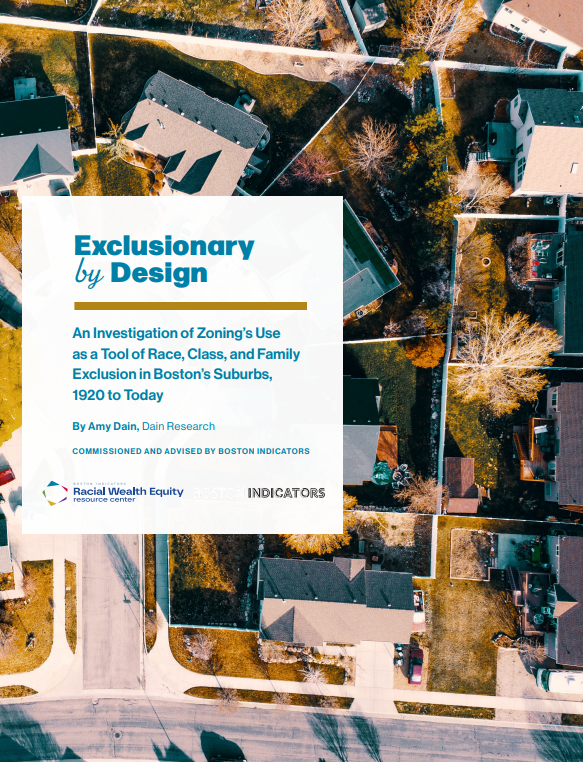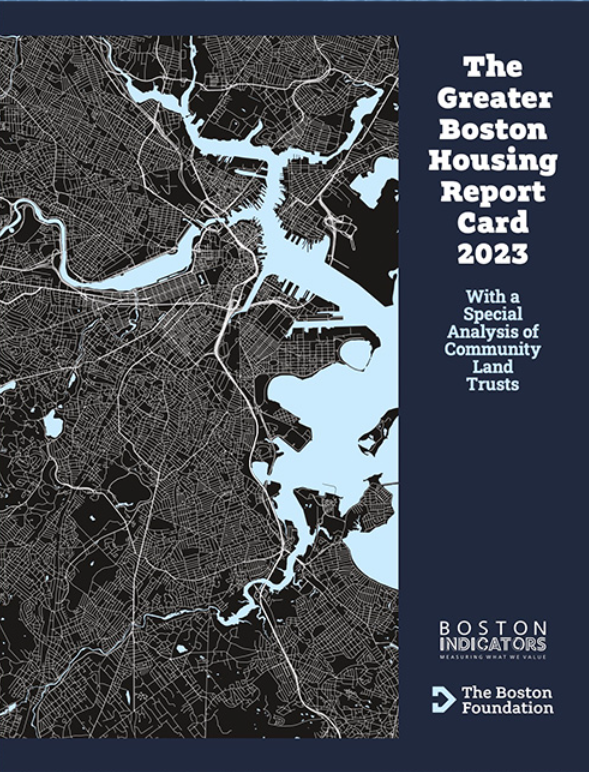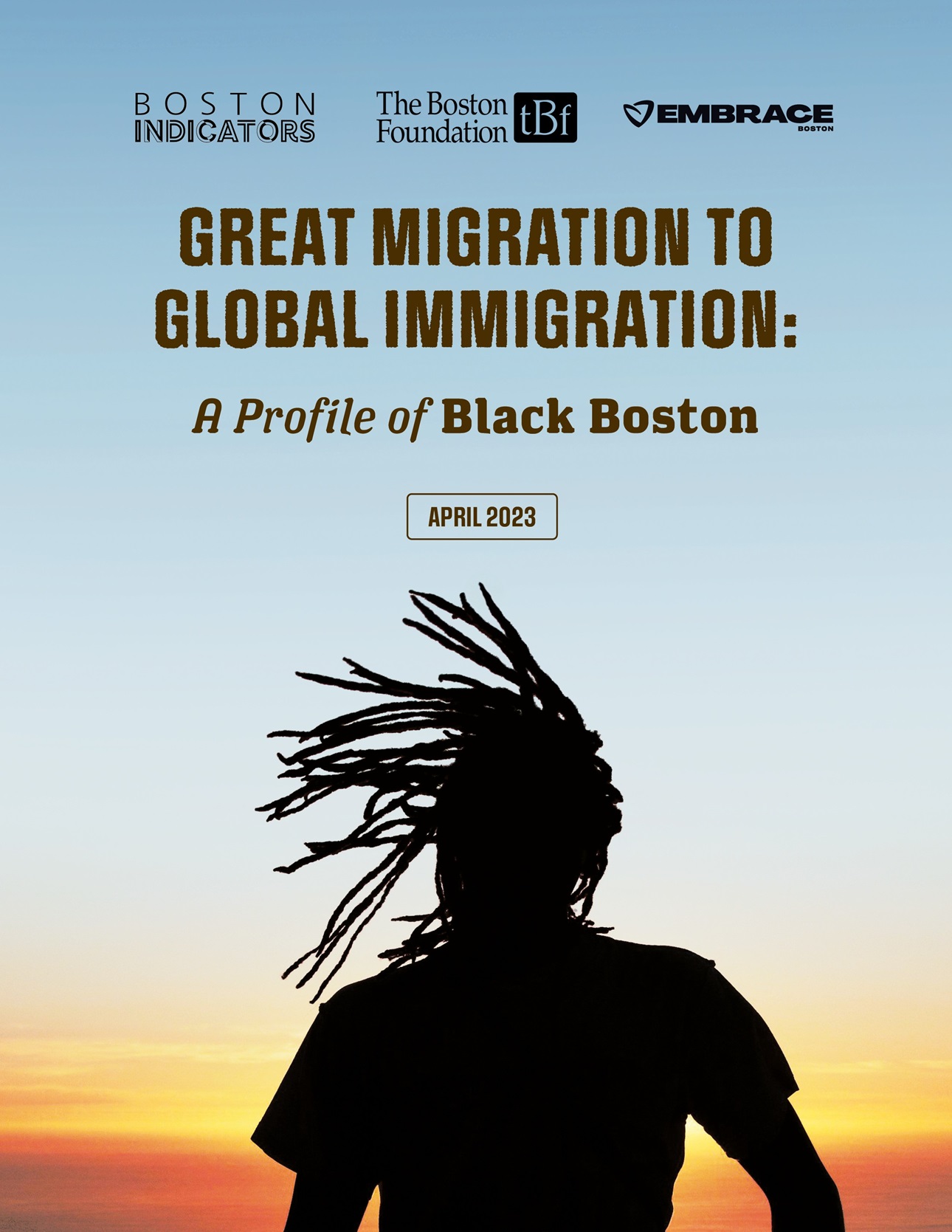Research in Service of Equity: A Conversation with Boston Indicators Executive Director Luc Schuster
With a background in research, data analysis, communications, and public policy, Luc Schuster’s areas of expertise include demographic change, housing, education, transportation, and economic development. Under his leadership, Boston Indicators, the Boston Foundation’s research center, has become a trusted source of data-driven insights that support policymakers, community leaders, and advocates in their efforts to make Greater Boston a more thriving, equitable and inclusive region. TBF News spoke to Luc about Boston Indicators’ approach and current projects.
For more, visit the Boston Indicators website here
TBF News: How do you and your team decide on the issues you research?
Luc Schuster: The Boston Foundation’s focus on equity has a profound influence on the topics we pursue. We talk all the time with TBF’s program staff and the civic leadership team to help shape our research priorities. Housing is a good example. It’s an increasingly pressing point for the region. As a result, it’s becoming more important to us and, as a team, we’re building our expertise on the topic.
We also focus a lot of our work on racial wealth equity, because that’s so central to TBF’s work. A lot of the housing research fits under that umbrella since homeownership is a key component of wealth. Our work connects us with terrific outside researchers and organizations that share some of our goals. For example, the Barr Foundation is helping to support our ongoing Racial Wealth Gap Research and Conversation Series that we’re hosting with the Federal Reserve Bank of Boston.
Another topic we’re exploring related to wealth equity is retirement security. It’s such an obvious component of wealth, but it hasn’t gotten as much attention when considering the racial wealth gap.
What other topics are you focusing on?
One is on job quality for care workers. We did a major report about care workers in partnership with SkillWorks, a special initiative of TBF. It’s called Care Work in Massachusetts: A Call for Racial and Economic Justice for a Neglected Sector. We may do follow-up research. We’d like to go deeper on the dynamics of certain types of care workers, such as family care providers.
Do you ever think about the way your research might inform or even impact public policy?
All the time. The Housing Report Card has informed housing legislation for years. We just launched an online resource to track the progress of the 2021 MBTA Communities Act, which is requiring municipalities to upzone a modest portion of their land for multifamily housing near public transit. More than 400 people, including many public officials, attended a forum on the release of Exclusionary by Design, featuring researcher Amy Dain’s groundbreaking work on the history of zoning in Greater Boston. And our report A Long Road Home looked at the challenges of buying a home and some innovative state programs trying to help those on the margin afford a home with a slightly reduced mortgage. We’ve always focused some energy on the issue of homelessness, but we’ve never done a really deep dive—and now we’re launching a study of homelessness in Greater Boston.
Recently, we also released an evaluation of the 2018 Criminal Justice Reform Act. It’s a five-year progress assessment of how the law was implemented and suggests action areas to build on the law’s success. Many of our reports are related to policy issues and they sometimes suggest ideas for new legislative action.
Do your findings ever surprise you?
Yes! Demographic analysis is another major focus of ours: tracking who we are as a region by looking at race, but also going deeper because the typical racial categories are crude simplifications. When we were doing the profile of Black Boston last spring, which was released as our report Great Migration to Global Immigration, it was surprising to find that our region has among the most diverse Black populations in the entire country, largely due to immigration from Africa and the Caribbean. It’s amazing to be in the room when you start to see themes arise. That’s when I’m reminded how much of a privilege it is to do this work.


